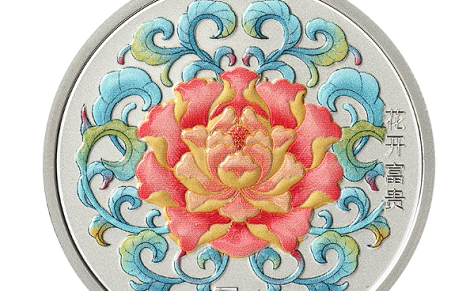25 Qing Dynasty tombs discovered in China's Hunan
CHANGSHA, May 23 (Xinhua) -- Archaeologists have found 25 tombs dating back to the Qing Dynasty (1644-1911) in central China's Hunan Province, according to the provincial cultural relics and archaeology research institute.
More than 60 cultural relics, including porcelain jars, porcelain bowls, copper hairpins and copper knives, were unearthed at the Houbeishan tomb complex in the city of Yongzhou.
Some of these porcelain jars, known locally as "food jars," were found with food residue inside. According to experts, there was a local burial custom to preserve food in tombs, and the practice continues to this day.
Archaeologists said the distribution of the tombs suggests that they belonged to a family, and that the owners of two adjacent tombs were husband and wife.
"The discovery of the tombs provides new archaeological materials for understanding the funeral customs and local history and culture in southern China during the Qing Dynasty," said Li Yiyuan, an associate research fellow with the institute.
Photos
 China’s central bank to issue commemorative coins on cultural theme of auspiciousness, including two heart-shaped coins
China’s central bank to issue commemorative coins on cultural theme of auspiciousness, including two heart-shaped coins Population of endangered black-headed gulls exceeds 10,000 mark in NE China’s coastal city of Panjin
Population of endangered black-headed gulls exceeds 10,000 mark in NE China’s coastal city of Panjin China's self-developed floating airship breaks record
China's self-developed floating airship breaks record Chinese germplasm bank conserves biodiversity in warm temperate zone
Chinese germplasm bank conserves biodiversity in warm temperate zone
Related Stories
Copyright © 2022 People's Daily Online. All Rights Reserved.






